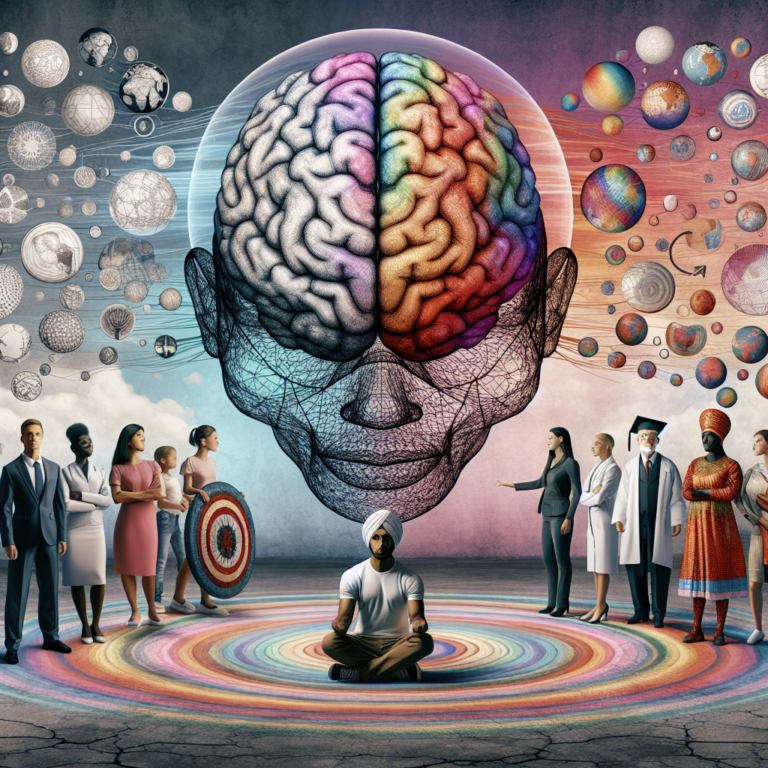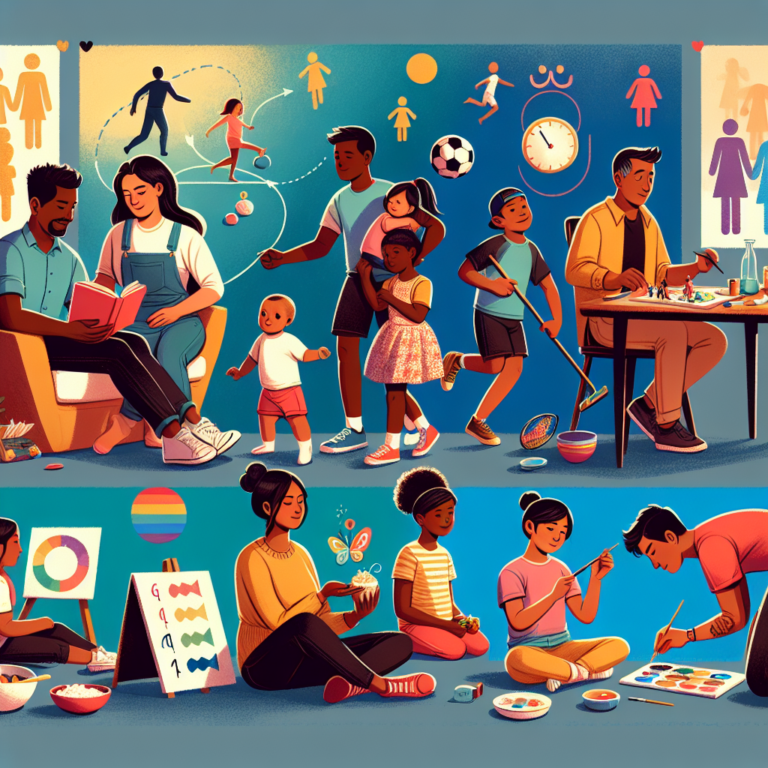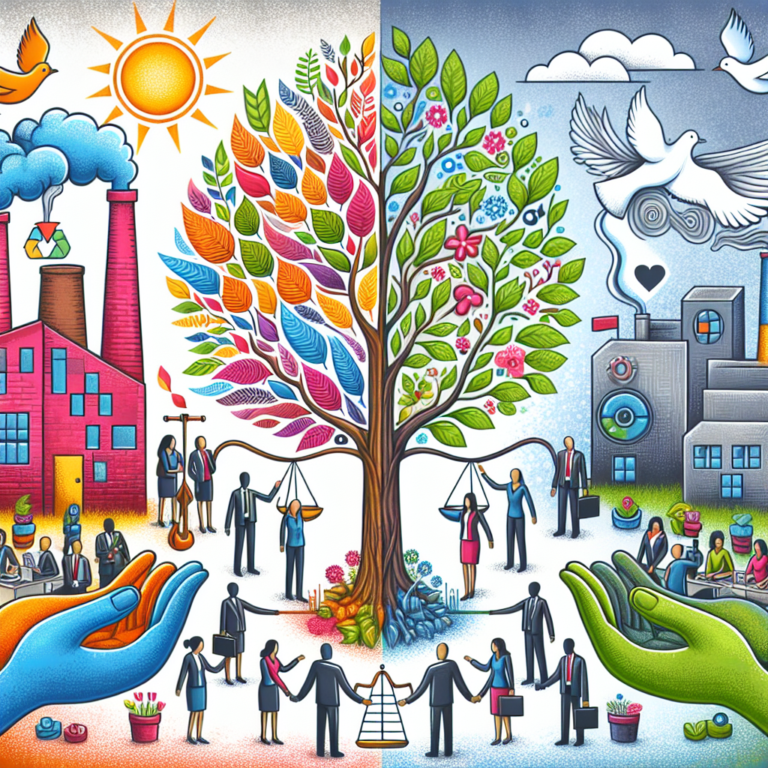
Introduction
In a world where masculinity is often misunderstood and shrouded in stereotypes, the phrase "man up" has become synonymous with outdated ideals of strength, stoicism, and emotional suppression. This article, Man Up: Debunking Myths and Misconceptions About Masculinity, seeks to explore and dismantle these pervasive myths, offering a clearer, healthier understanding of what it means to be a man today.
The journey into the complexities of masculinity reveals not only how societal expectations shape male identities but also how these misconceptions can adversely affect mental health, relationships, and overall well-being. Let’s dive deep into the nuances of masculinity and discover a new, inclusive way of "manning up."
Understanding Masculinity in Context
Historical Perspectives
Masculinity has evolved significantly across cultures and historical periods. Ancient warrior cultures celebrated physical prowess and aggression, while the Industrial Revolution prized hard work and emotional stoicism. In recent decades, however, there’s been a growing recognition of diverse masculinities, questioning whether traditional traits are universally applicable.
The Birth of Myths
These historical narratives have given rise to several myths surrounding masculinity. Common misconceptions include the belief that men must always be tough, resilient, and dispassionate. This notion neglects a critical aspect of masculinity: vulnerability.
Case Study: The Shift in Masculine Ideals
Case Study: In 2016, the American Psychological Association (APA) published guidelines for psychological practice with boys and men, emphasizing the need for a nuanced understanding of masculinity. This shift encouraged practicing psychologists to acknowledge how rigid gender roles could contribute to mental health issues among men.
Analysis: The APA’s approach illustrates how recognized myths often exacerbate emotional struggles among men, showing that redefining masculinity can foster healthier mental states.
Common Myths About Masculinity
Myth 1: "Real Men Don’t Cry"
One of the most enduring myths about masculinity is the belief that tears equate to weakness. Yet, emotional expression is not gender-specific; it is a human experience. Studies have shown that suppressing emotions can lead to heightened stress and anxiety levels.
Chart: Emotional Suppression and Mental Health
| Emotional Suppression | Mental Health Effects |
|---|---|
| High Levels | Depression, Anxiety |
| Low Levels | Better Coping Skills |
Myth 2: Masculinity Equals Aggression
While some cultures equate masculinity with aggression, this is a narrow view. Research has demonstrated that aggression can stem from insecurity and fear rather than manhood.
Case Study: The Role of Reformed Masculinity Programs
Case Study: Programs like "Men’s Leadership and Social Change" at universities focus on redefining masculinity through community engagement, fostering collaboration over competition.
Analysis: These programs reveal that redefining masculinity can positively affect not only mental health but also interpersonal relationships.
The Importance of Vulnerability
Redefining Strength
Understanding vulnerability as a strength rather than a weakness is crucial for modern masculinity. Embracing vulnerability encourages open communication and emotional depth, fostering stronger connections.
Positive Effects on Relationships
Men who communicate their feelings tend to have healthier relationships. A study from the Journal of Emotional Intelligence found that couples where men express emotions reported higher relationship satisfaction.
Case Study: The Men’s Sheds Movement
Case Study: The Men’s Sheds initiative provides spaces for men to engage in meaningful tasks together while discussing personal challenges. Launched in Australia, it has expanded globally.
Analysis: This initiative demonstrates that communal vulnerability is not only possible but beneficial, challenging the myth of solitary strength.
The Role of Fatherhood in Masculinity
Evolving Fatherhood Norms
Modern fatherhood is increasingly recognized as an essential component of evolving masculinity. Active engagement in childcare cultivates emotional intelligence and empathy in men.
Benefits of Involvement
Research shows that involved fathers can positively influence their children’s social and emotional development. The Fatherhood Institute outlines how children with engaged fathers display greater self-esteem and resilience.
Case Study: Engaged Fatherhood Programs
Case Study: Programs aimed at encouraging shared parenting responsibilities illustrate the impact of involved fatherhood on gender roles in society.
Analysis: Engaged fatherhood challenges traditional masculine roles, promoting a view of men as nurturing caregivers.
Navigating Mental Health
Mental Health Stigma Among Men
Mental health issues disproportionately affect men, yet societal stigma discourages them from seeking help. Adopting a more inclusive view of masculinity can alleviate some of this pressure.
Case Study: Mental Health Initiatives
Case Study: Campaigns encouraging men to express their mental health struggles, like “Movember,” have significantly improved awareness and reduced stigma.
Analysis: These initiatives prove that breaking the silence surrounding mental health can empower men to seek help and foster community healing.
Moving Forward: Redefining Masculinity
Actionable Steps
- Encourage Open Dialogue: Create safe spaces for discussions about emotions and mental health.
- Challenge Stereotypes: Use media and storytelling to represent a broad spectrum of masculine identities.
- Support Men’s Health Initiatives: Engage in or promote programs aimed at redefining masculinity and mental health awareness.
Conclusion
We’ve explored crucial aspects of masculinity, debunking myths that bind men to outdated ideals. In this journey of Man Up: Debunking Myths and Misconceptions About Masculinity, we’ve seen that true strength lies in vulnerability, emotional awareness, and the willingness to break the mold. As we cultivate healthier notions of masculinity, let us inspire the next generation of men to embrace multifaceted identities and live authentically.
FAQs
1. Why is it important to discuss masculinity?
Discussing masculinity helps challenge harmful stereotypes that hinder mental health and relationships. It encourages a healthier understanding of male identity.
2. How can men express vulnerability?
Men can express vulnerability by sharing their feelings with trusted friends, seeking therapy, or participating in supportive communities.
3. Are there benefits to redefining masculinity?
Yes, redefining masculinity can lead to better mental health outcomes, improved relationships, and a more inclusive society.
4. What resources are available for men struggling with mental health?
Various organizations, such as the National Alliance on Mental Illness (NAMI) and the Movember Foundation, provide resources and support.
5. How can I challenge stereotypes in my community?
Educate yourself and others, engage in discussions on masculinity, and promote positive representations of men in media and everyday life.
By debunking myths and misconceptions surrounding masculinity, we pave the way for a healthier, more inclusive future. So, let’s redefine what it means to "man up" by embracing vulnerability, empathy, and community.














